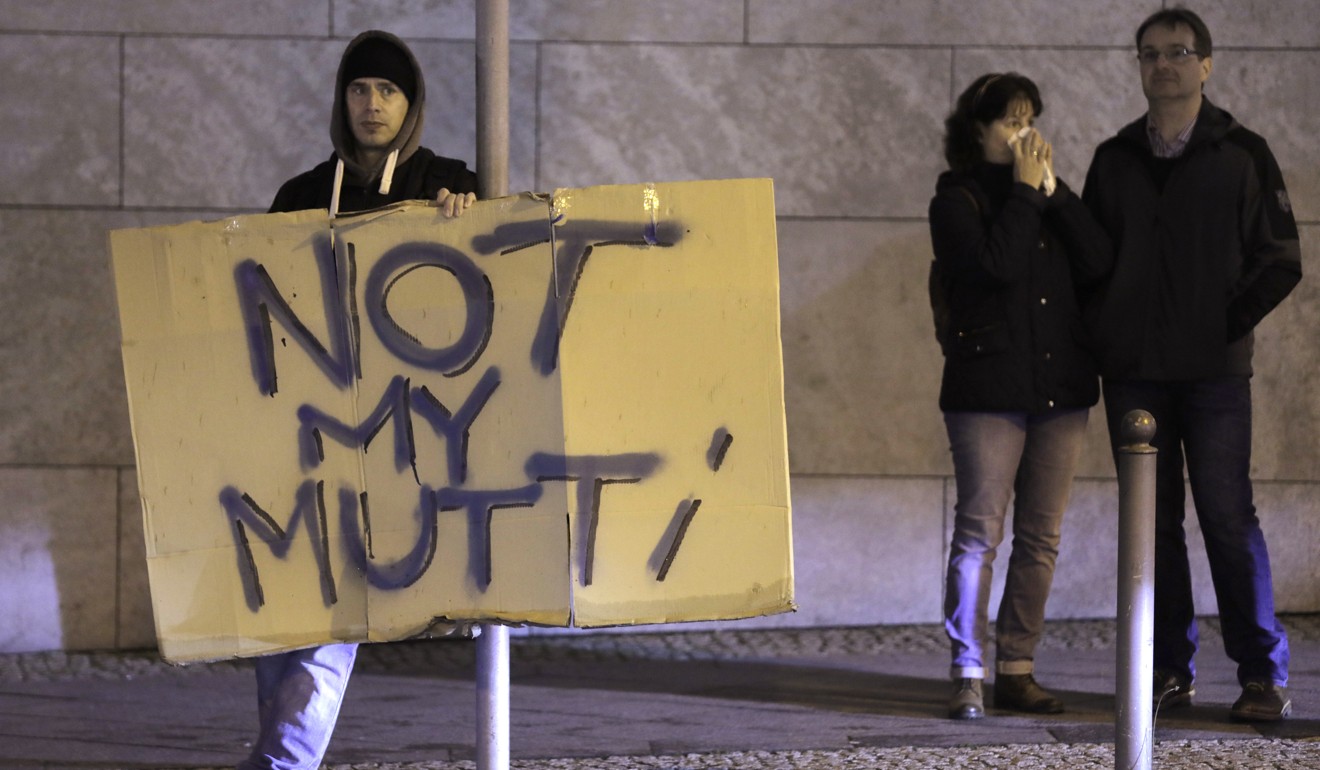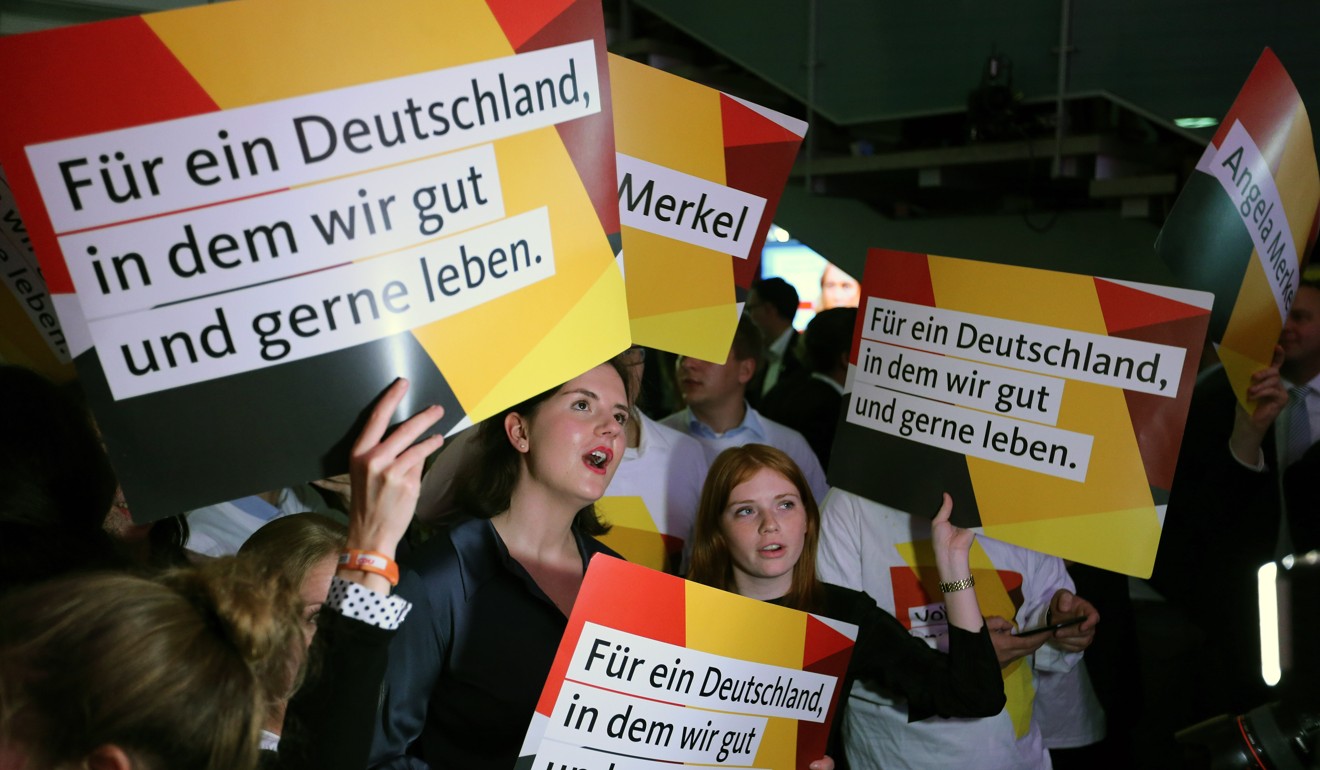
Why a weakened Angela Merkel is still the most important politician in the West
Andrew Hammond says the full ramifications of the German election, and the newly empowered far right, are unclear but Merkel remains on course to set records, as well as influence the terms for Brexit
The unexpected narrative of election night was the higher-than-previously-anticipated support for the AfD, which won around 13 per cent of the vote, according to exit polls. The party therefore becomes the first far-right group to win Bundestag seats in some six decades, and could trigger a significant shift in the country’s post-war politics.

President Macron’s party suffers a blow in French Senate election, dominated by rival conservatives
Part of the reason the AfD did not connect with even more of the electorate is the relative sense of contentment in much of the country. Many, but by no means all, Germans still see themselves as beneficiaries of globalisation, with unemployment this year the lowest since the reunification of east and west Germany.
The key question now is who Merkel’s right-of-centre Christian Democratic Union and its sister Christian Social Union, which collectively secured 32 per cent, will enter into a coalition with. This question may not be finalised for weeks: in 2013, it took 86 days for the CDU-CSU to forge a deal with the left-of-centre Social Democrats.
What is clear is that the Social Democrats (led by former president of the European Parliament Martin Schultz) will not join a new grand coalition, and the AfD will not be invited. The Social Democrats had hoped to make significant gains in Sunday’s election, yet the party’s campaign – centred around economic inequality and increased poverty – failed to catch on, and the party scored their lowest post-war total of 20 per cent.
This means Merkel will need to look to other possible coalitions. The most likely is a combination between CDU-CSU, the Greens and the liberal-oriented Free Democrats, but not the far-left Die Linke party.
This would be welcomed by some elements in the UK, which believe a CDU-CSU combination with the pro-business FDP could mean Germany potentially adopts a more sympathetic position in Brexit negotiations. Such a stance would be not be supported by Schultz, who is likely to be the next main opposition leader in the Bundestag.
‘We heard nothing concrete’: France, Germany say Theresa May’s Brexit speech failed to hit the mark

Europe and the wider world are assessing the international ramifications of the rise Germany’s far-right, and Merkel’s fourth term. While this will see much policy continuity, precise implications will not be clear until we know which parties she forms her coalition with.
Andrew Hammond is an associate at LSE IDEAS at the London School of Economics

